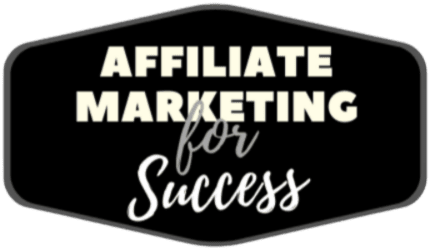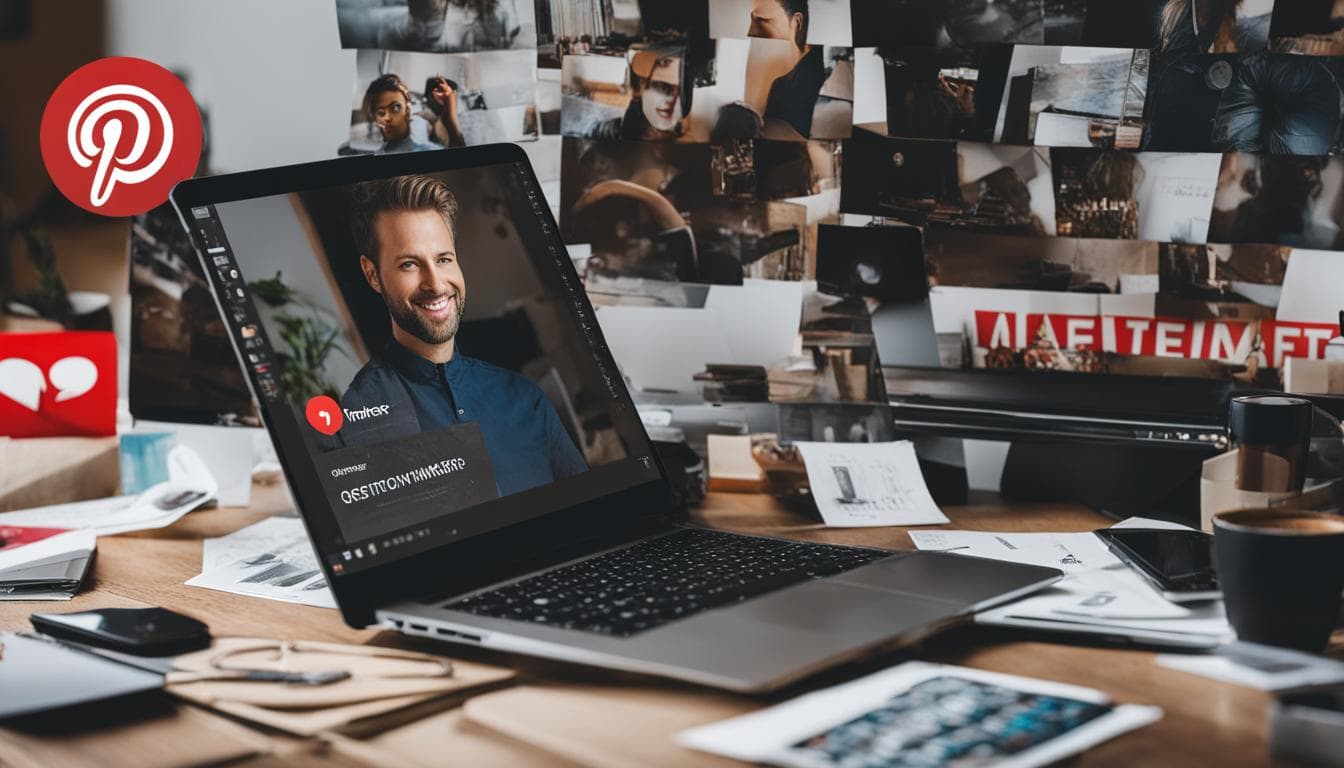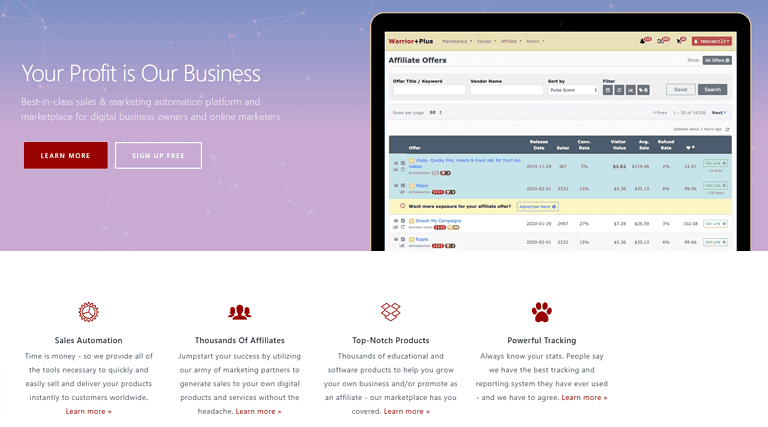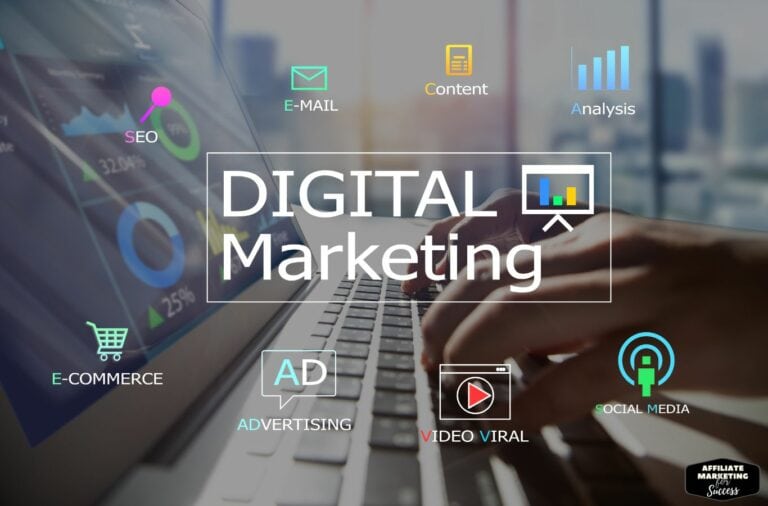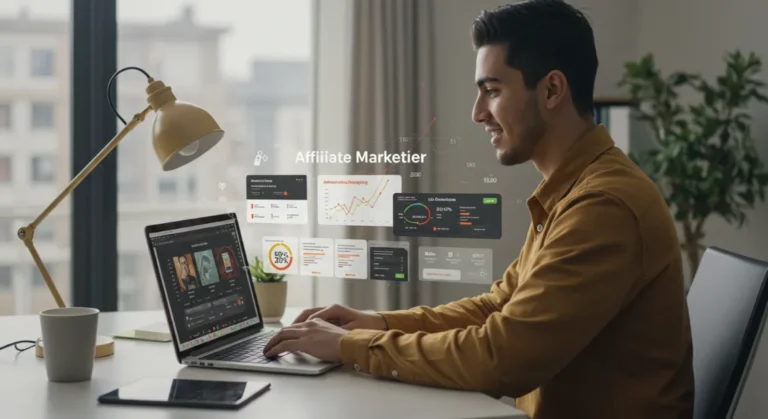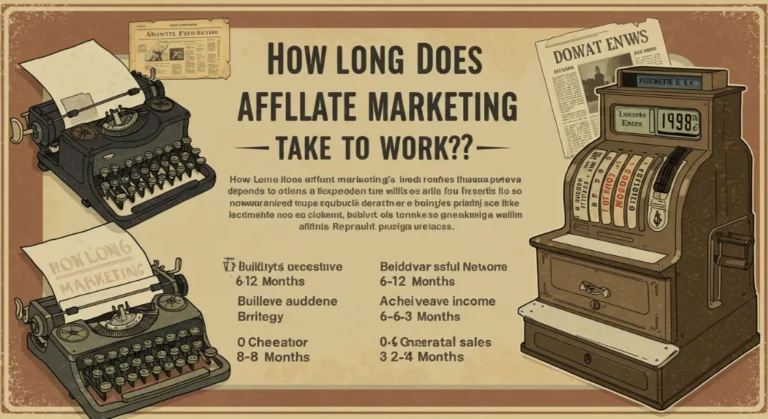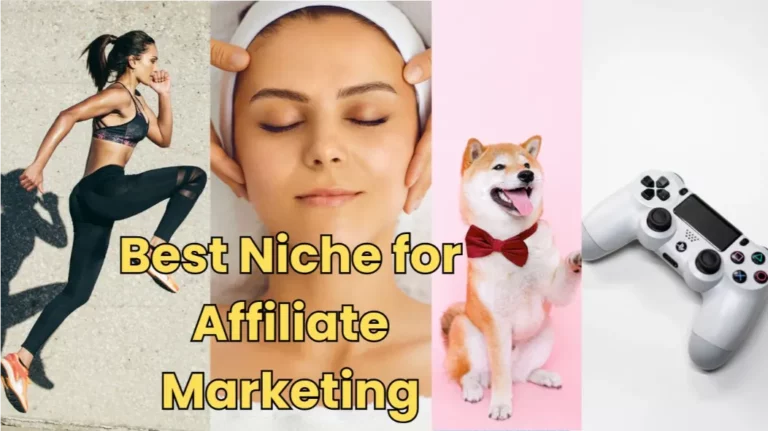Affiliate Marketing Using Pinterest: The 2026 Step-by-Step Blueprint That Actually Works
Discover how to turn Pinterest’s 553 million monthly users into a commission-generating machine—without needing a website, massive following, or paid ads.
Affiliate Disclosure: This post contains affiliate links. If you purchase through these links, we may earn a commission at no extra cost to you. We only recommend products we genuinely believe in.
🚨 The Mistake 90% of Pinterest Affiliate Marketers Make
They treat Pinterest like Instagram. They post randomly. They spam affiliate links. They wonder why nobody’s clicking.
Here’s the truth: Pinterest isn’t a social network. It’s a visual search engine with buyer intent built in. 85% of weekly Pinners have purchased something they discovered on the platform. These aren’t scrollers—they’re searchers ready to buy.
This guide shows you exactly how to capture that buying intent and turn it into affiliate commissions.
Quick Overview: Pinterest Affiliate Marketing
Bottom Line: Pinterest affiliate marketing works exceptionally well in 2026 because pins have a 4-month average lifespan (vs. 24 hours for Instagram posts), the platform actively encourages shopping content, and users arrive with purchase intent. You can start earning within 30-60 days with consistent effort.
✓ This Is For You If:
- You want passive, long-term traffic
- Your niche is visual (fashion, home, food, fitness)
- You don’t want to show your face
- You prefer SEO over constant content creation
✗ Skip This If:
- You need money in the next 7 days
- You won’t commit to 3+ months of consistency
- Your niche has zero visual appeal
- You refuse to learn basic graphic design
🛠️ What You’ll Need to Get Started
Pinterest Business Account
Free to create. Gives you access to analytics, rich pins, and the ability to claim your website. Takes 5 minutes.
Canva (Free or Pro)
For creating scroll-stopping pins. Free tier works fine for beginners. Pinterest’s optimal pin size is 1000×1500 pixels (2:3 ratio).
Affiliate Programs
Amazon Associates, ShareASale, CJ Affiliate, or niche-specific programs. Ensure they allow Pinterest promotion (most do).
Landing Page (Optional but Recommended)
A simple blog post or landing page converts 3-5x better than direct linking. Free options: Medium, Systeme.io, or your own blog.
⏱️ Time Investment: Expect to spend 5-10 hours in your first week setting everything up, then 3-5 hours weekly creating and scheduling pins. Results typically begin showing at the 60-90 day mark.
The Complete Pinterest Affiliate Marketing Blueprint

Choose a Pinterest-Friendly Niche
Not all niches perform equally on Pinterest. The platform skews 60% female, ages 25-54, with disposable income. Visual niches crush it.
🔥 Top-Performing Pinterest Affiliate Niches (2026):
Home Decor & DIY
$50-200/sale avg.
Fashion & Accessories
$5-50/sale avg.
Health & Fitness
$20-100/sale avg.
Food & Recipes
$10-40/sale avg.
Personal Finance
$50-500/lead avg.
Parenting & Baby
$20-80/sale avg.
If you’re unsure which niche fits you best, our guide to creating an affiliate marketing strategy breaks down the selection process in detail.
Set Up Your Pinterest Business Account Properly
A personal account won’t cut it. You need business features for analytics, rich pins, and credibility.
⚙️ Account Setup Checklist
- ☐
Convert to Business Account (Settings → Account Management → Convert) - ☐
Choose a keyword-rich username (e.g., “HomeDecorIdeasDaily” not “JaneDoe123”) - ☐
Write a bio with your main keywords + value proposition (500 character max) - ☐
Enable Rich Pins (requires claiming your website or using a landing page) - ☐
Create 8-12 niche-specific boards with keyword-optimized titles & descriptions - ☐
Add a professional profile photo or branded logo
⚠️ Critical: In your profile settings, make sure to disclose your affiliate relationship. Pinterest and the FTC require transparency. Add “Affiliate links used” to your bio.
Master Pinterest Keyword Research
Pinterest IS a search engine. No keyword strategy = no traffic. Period.
Here’s the exact keyword research process that works:
💡 Pro Tip: Target keywords with “ideas,” “inspiration,” “tips,” and “how to” modifiers. These signal buyer research phase—exactly where affiliate recommendations convert best.
Create Pins That Stop the Scroll
Your pin has 0.5 seconds to grab attention. Here’s the anatomy of high-converting affiliate pins:
✓ Pin Design Must-Haves
- 2:3 aspect ratio (1000x1500px ideal)
- Bold, readable text overlay (40% of pin space max)
- High-contrast colors that pop
- Clear, uncluttered imagery
- Your branding (logo or URL watermark)
- Curiosity-inducing headline
✗ Common Pin Mistakes
- Square images (get cropped badly)
- Tiny, unreadable text
- Stock photos everyone uses
- No text overlay at all
- Cluttered, busy designs
- Generic “Click Here” CTAs
🎨 Headline Formulas That Convert:
- “X [Things] You Need for [Desired Outcome]”
- “The Only [Product] Guide You’ll Ever Need”
- “I Tried [Product] for [Timeframe]. Here’s What Happened.”
- “[Number] [Niche] Essentials Under $[Price]”
- “Stop [Pain Point]. Start [Solution].”
Write Optimized Pin Titles & Descriptions
This is where most people blow it. Your image gets clicks. Your description gets rankings.
Pin Title Formula (100 characters max):
[Primary Keyword] + [Benefit/Hook] + [Qualifier/Year]
Example: “Best Standing Desks for Home Office | 2026 Guide (Under $500)”
Pin Description Formula (500 characters max):
[Hook sentence with primary keyword] + [2-3 sentences of value/what they'll learn] + [Secondary keywords naturally woven in] + [CTA] + [3-5 relevant hashtags]
Example: “Looking for the best standing desk that won’t destroy your budget? I’ve tested 15+ home office desks and narrowed it down to the top 5 picks for every price point. Whether you need a compact desk for small spaces or a full sit-stand workstation, you’ll find your perfect match. Click to see my honest reviews and current deals. #standingdesk #homeoffice #workfromhome #desksetup #officefurniture”
Link Strategy: Direct vs. Landing Page
Here’s the decision that separates hobby pinners from real earners:
For those without a website, our guide on promoting affiliate products without a website covers free alternatives like Medium, Linktree, and Carrd.
Establish a Consistent Pinning Schedule
Consistency beats volume. Pinterest rewards accounts that show up regularly with fresh content.
📅 Recommended Pinning Schedule:
5-15
Fresh pins per day
80%
Your original content
20%
Repins from others
Use Pinterest’s native scheduler (free) or Tailwind ($15/month) to batch-schedule a week’s worth of pins in one sitting. This is how you stay consistent without burning out.
🎯 Pro Tips From 6-Figure Pinterest Affiliates
What Top Earners Do
- +
Create Multiple Pin Designs Per Product
3-5 different designs for the same affiliate link, testing headlines and visuals.
- +
Leverage Idea Pins for Reach
Idea Pins get 9x the reach. Use them for value content that builds trust, link to affiliate content in profile.
- +
Track Everything
Use UTM parameters on every link. Know exactly which pins drive revenue.
- +
Go Deep, Not Wide
Dominate 10-15 keywords before expanding. Topical authority matters.
Costly Mistakes to Avoid
- −
Pinning to Irrelevant Boards
A fitness pin on a recipes board confuses Pinterest’s algorithm and hurts distribution.
- −
Ignoring Pinterest Analytics
Your top 10 pins generate 80% of traffic. Double down on what works.
- −
Giving Up at 30 Days
Pinterest has a longer lag than other platforms. Give it 90 days minimum.
- −
Violating Affiliate Program Terms
Amazon, for example, prohibits direct Pinterest links in some cases. Always read the fine print.
For a deeper dive into pitfalls, check out our comprehensive list of affiliate marketing mistakes that kill earnings.
📈 Realistic Timeline & Results
Let’s be real about expectations. Pinterest affiliate marketing is a marathon, not a sprint.
Month 1-2: Foundation Phase
Expect minimal traffic (100-500 monthly views). Focus on account setup, content creation, finding what works.
Month 3-4: Traction Phase
Traffic starts growing (1,000-5,000 monthly views). First affiliate sales trickle in. $50-200/month possible.
Month 5-6: Growth Phase
Compound growth kicks in (10,000-50,000 monthly views). $500-2,000/month achievable with optimization.
Month 7-12: Scale Phase
Consistent 100,000+ monthly views. $2,000-10,000+/month depending on niche and optimization.
⚠️ Reality Check: These numbers assume 5-10 hours/week of consistent effort, a Pinterest-friendly niche, and quality content. Results vary based on competition, commission rates, and execution quality. There are no guarantees in affiliate marketing.
📚 Continue Your Learning
Social Media Affiliate Marketing Guide
Expand beyond Pinterest to Instagram, TikTok, and YouTube.
Essential Tips for Affiliate Beginners
Foundation strategies every new affiliate needs to master.
❓ Frequently Asked Questions
📚 Sources & Official Resources
For the most up-to-date policies and features, always verify with official sources:
- Pinterest for Business
Official business account setup, best practices, and analytics guides - Pinterest Trends
Real-time search trend data for keyword research - Pinterest Community Guidelines
Rules and policies to keep your account in good standing - FTC Disclosure Guidelines for Influencers
Legal requirements for affiliate disclosure
Written By
Alexios Papaioannou
Affiliate Marketing Strategist & Digital Entrepreneur. Helping marketers build sustainable online income through proven, ethical strategies.
Last Updated: January 13, 2026
Our Editorial Standards:
- No paid placements or sponsored rankings
- All recommendations based on research and industry experience
- Affiliate relationships are clearly disclosed
- Facts verified against official sources
I’m Alexios Papaioannou, an experienced affiliate marketer and content creator. With a decade of expertise, I excel in crafting engaging blog posts to boost your brand. My love for running fuels my creativity. Let’s create exceptional content together!
